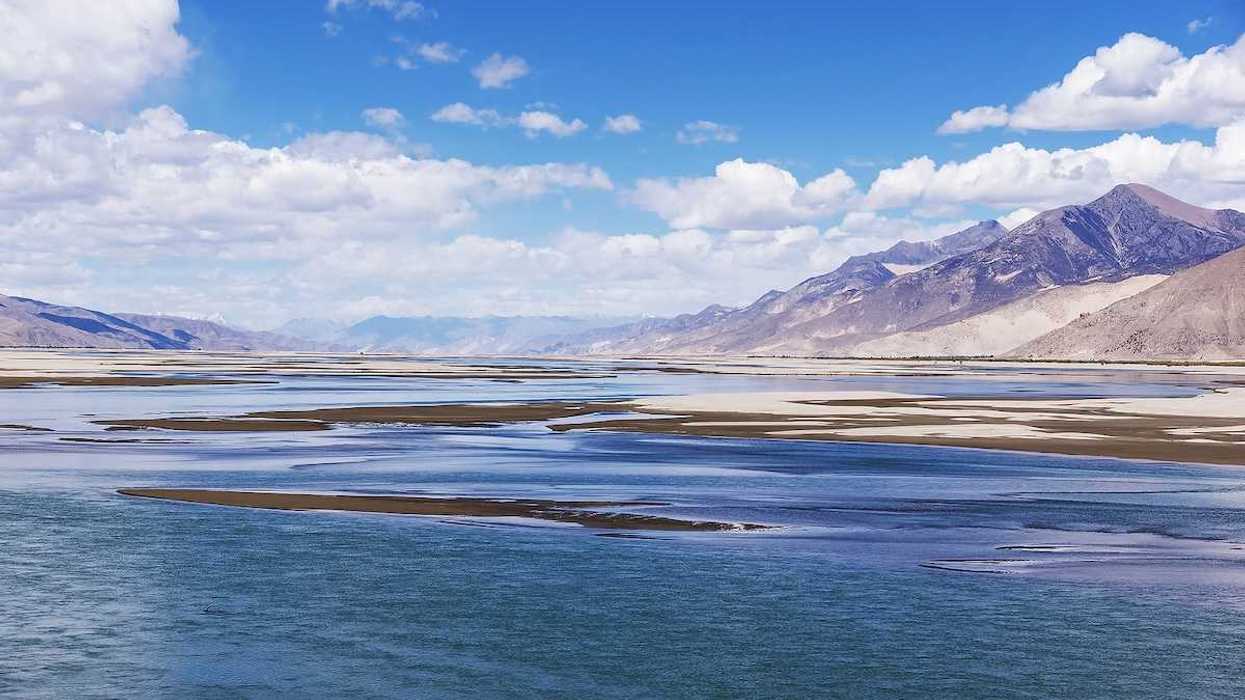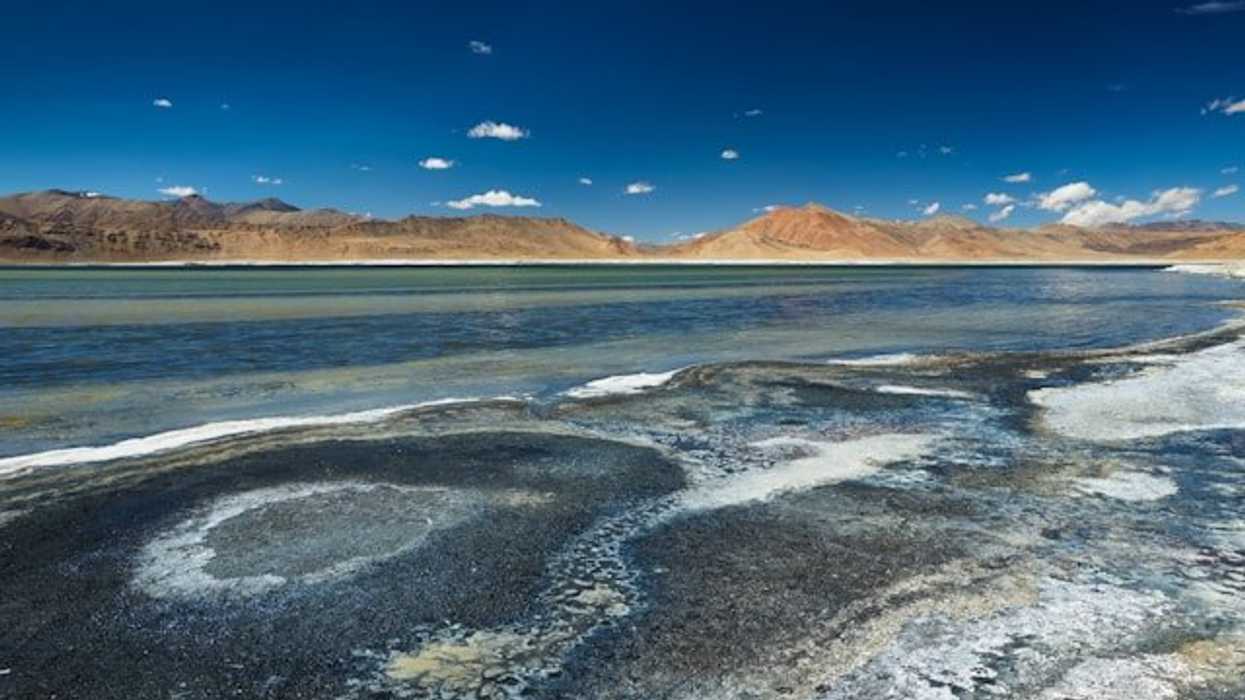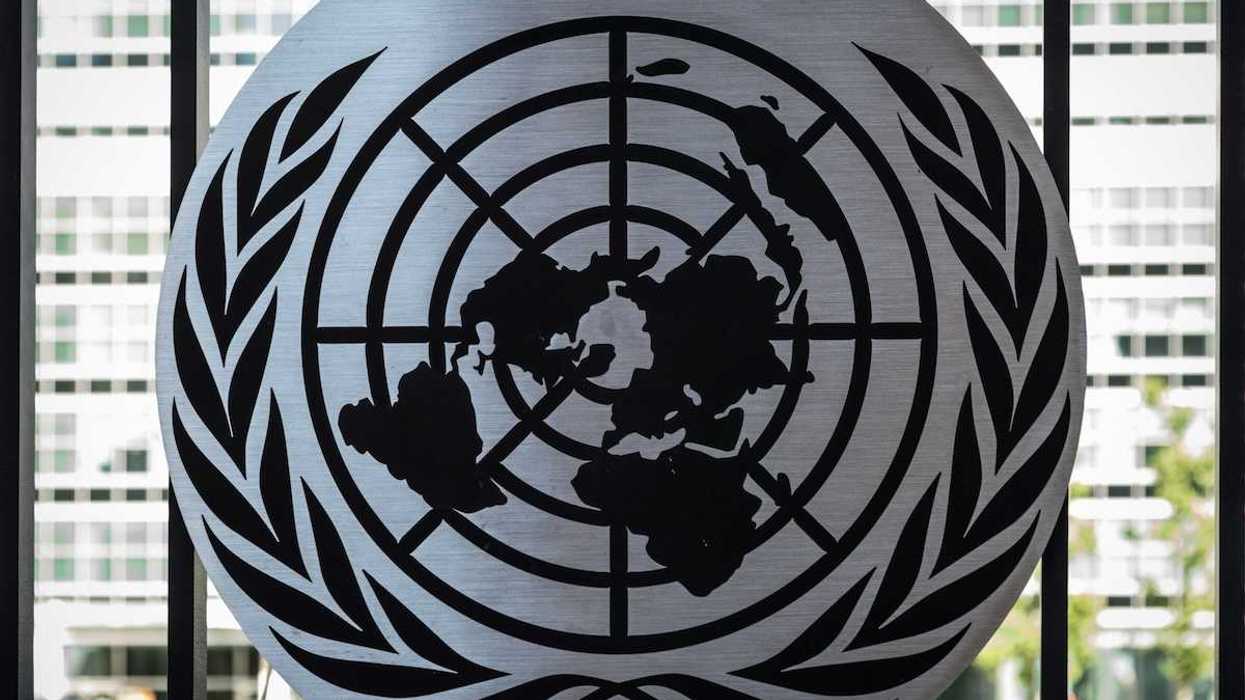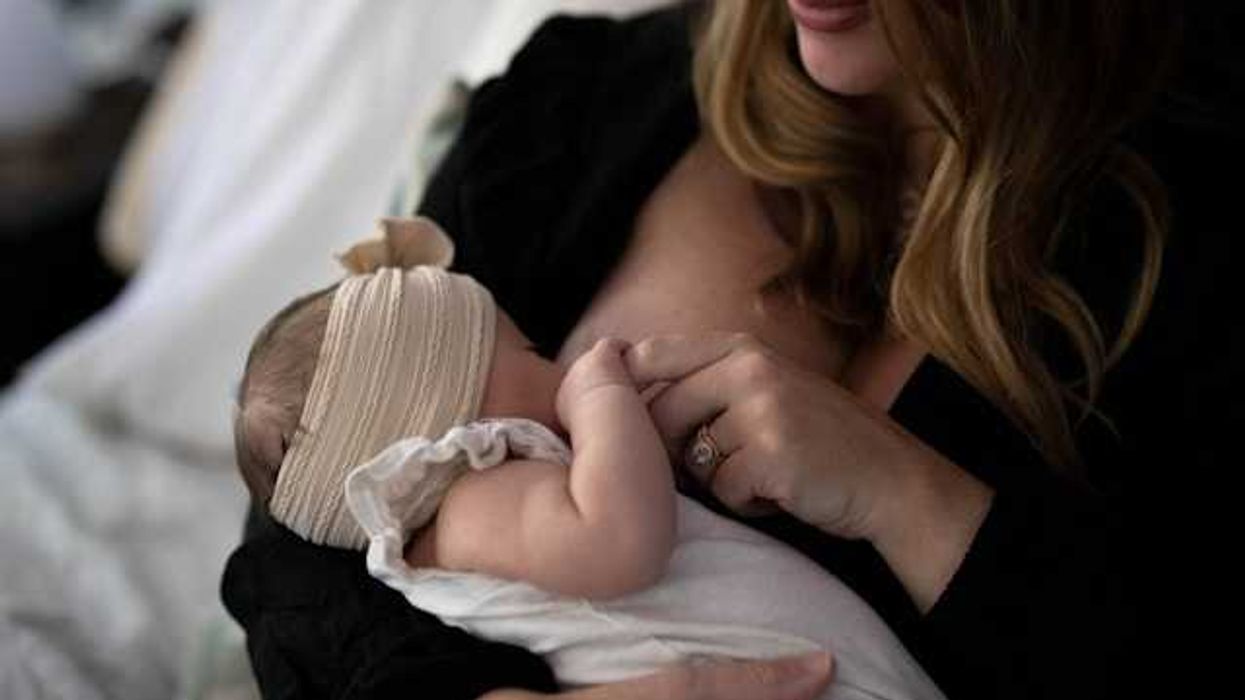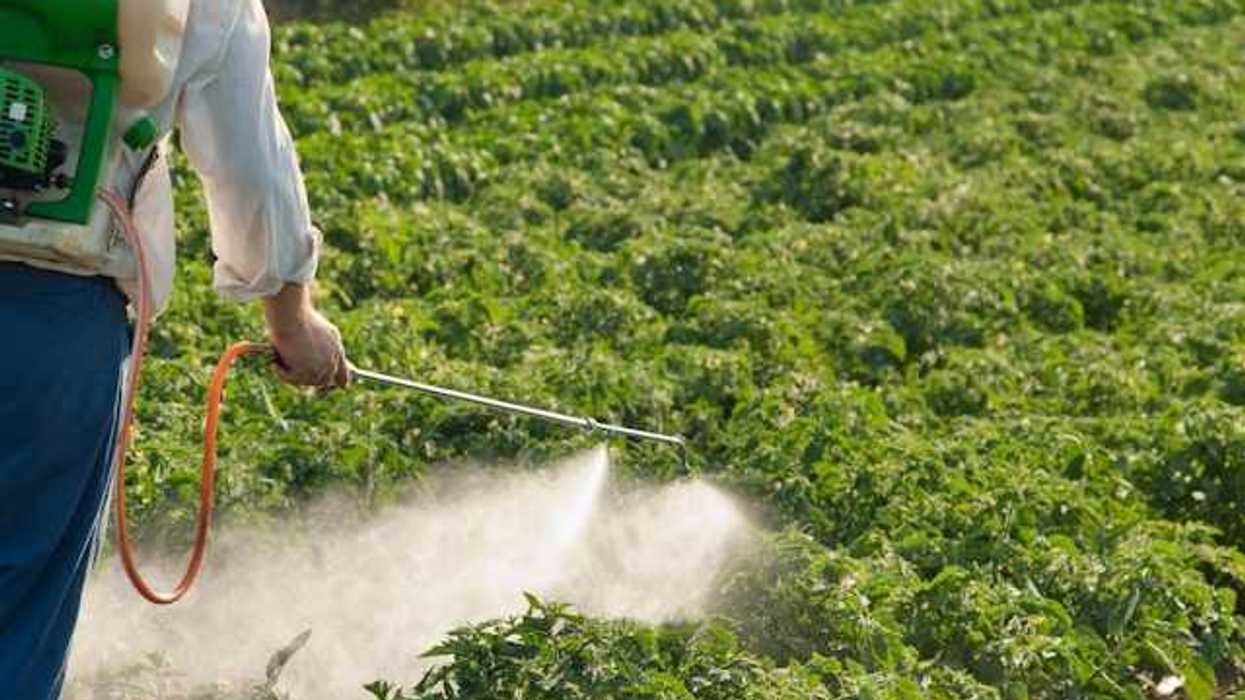A study confirms that climate change significantly worsened the UK's wettest winter, impacting farmers severely and reducing crop yields.
Mark Poynting and Lucy Vladev report for the BBC.
In short:
- The UK experienced its second wettest October to March period on record, with extreme rainfall linked to climate change.
- Farmers like Colin Chappell in Lincolnshire report drastically reduced crop yields due to flooded fields, threatening their livelihoods.
- Climate models show that such wet winters, previously rare, are now expected every 20 years due to global warming.
Key quote:
“Until the world reduces emissions to net zero, the climate will continue to warm, and rainfall in the UK and Ireland will continue to get heavier.”
— Sarah Kew, researcher at the Royal Netherlands Meteorological Institute
Why this matters:
The increased frequency of extreme weather events poses significant challenges for agriculture, impacting food production and farm viability. Farmers across the UK have reported substantial losses, with fields transformed into quagmires, making planting and harvesting nearly impossible. The reduced crop yields affect the agricultural economy, but also have broader implications for food security and prices, potentially hitting consumers' pockets.
Be sure to read EHN’s related coverage:




